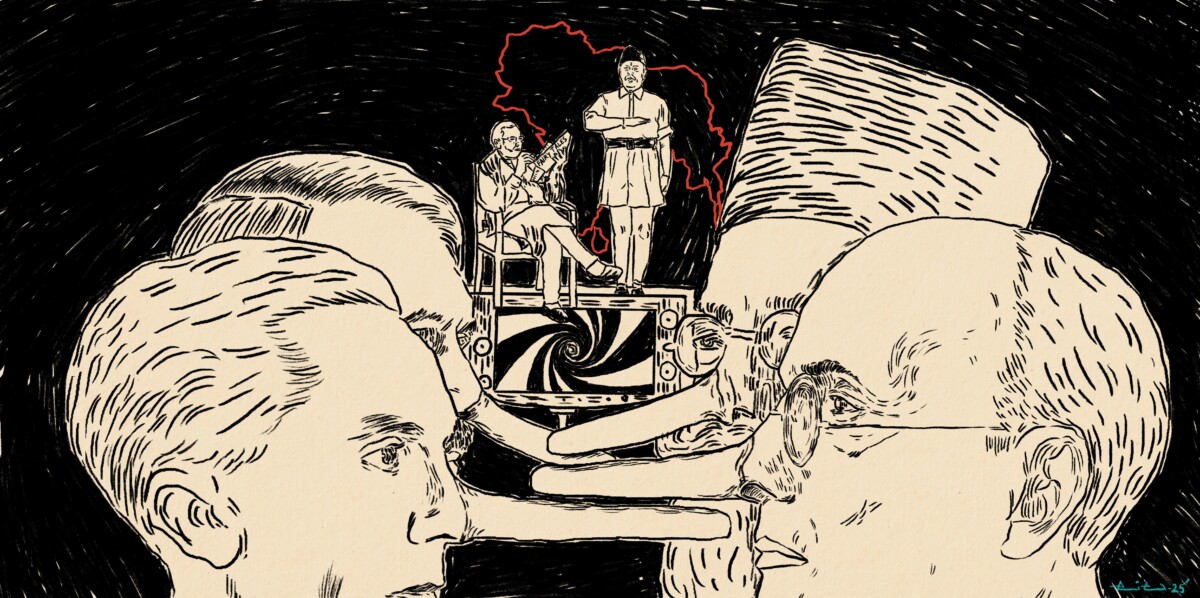
The proponents of Hindutva – from V.D. Savarkar, B.S. Moonje, K.B. Hedgewar, and M.S. Golwalkar – to their contemporary successors, have long admired the methods of Mussolini and Hitler. Despite differences in time and circumstances, striking parallels can be drawn between them and their fascist predecessors in Europe.
Perhaps the most telling similarity is their reliance on propaganda, particularly the distortion of truth and perpetuation of white lies – a technique famously associated with Hitler’s propaganda minister, Joseph Goebbels.
Goebbels articulated the mantra of converting untruth into truth by stating: “Tell a big enough lie, and repeat it often enough, and it becomes the truth.” Following this playbook, the current generation of Hindutva ideologues can be seen as the ‘grandchildren of Goebbels’, carrying forward the legacy of falsehood.
Foundational falsehoods
The ideological foundation of the Hindutva movement is built upon a series of grand lies. One of the central narratives is that Hindus were the original inhabitants of Akhand Bharat (undivided India), who created a great civilisation that served as the fountainhead of all knowledge and wisdom.
According to this narrative, this glory was lost under Islamic rule from the 7th century onward, and Hindus must strive to reclaim their ‘past grandeur’. This myth, repeated since colonial times, has been used to mobilise Hindus under a unifying, yet historically dubious, identity.
The very term ‘Hindu’ is a foreign construct, imposed by outsiders – derived from the Persian word for the Indus River region, used by ancestors of the Muslims whom Hindutva ideologues often vilify. It was initially a geographical marker. It was used by ancient Persians and Greeks to describe the people living beyond the Sindhu (Indus) River. This term did not denote a specific religious identity; it referred broadly to the cultural and social practices of the people in the region.
This story was originally published in thewire.in. Read the full story here.






